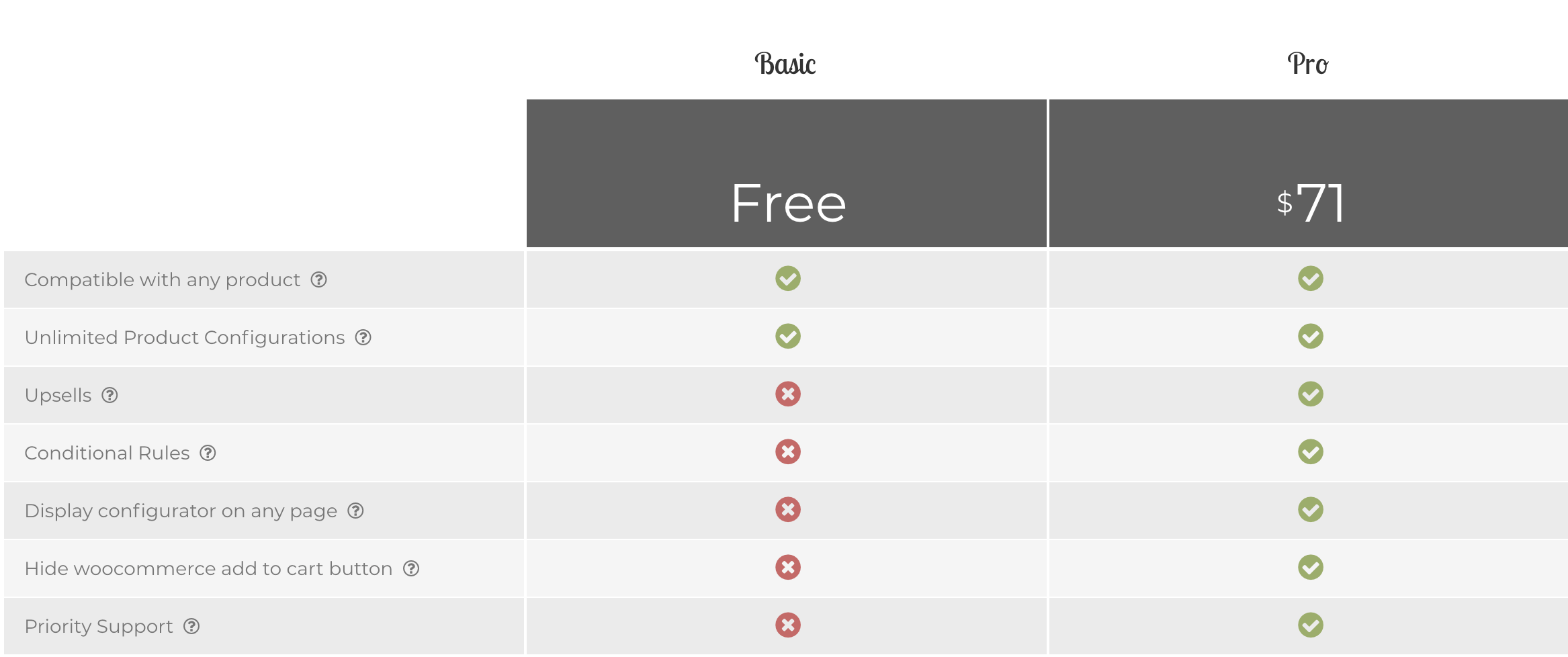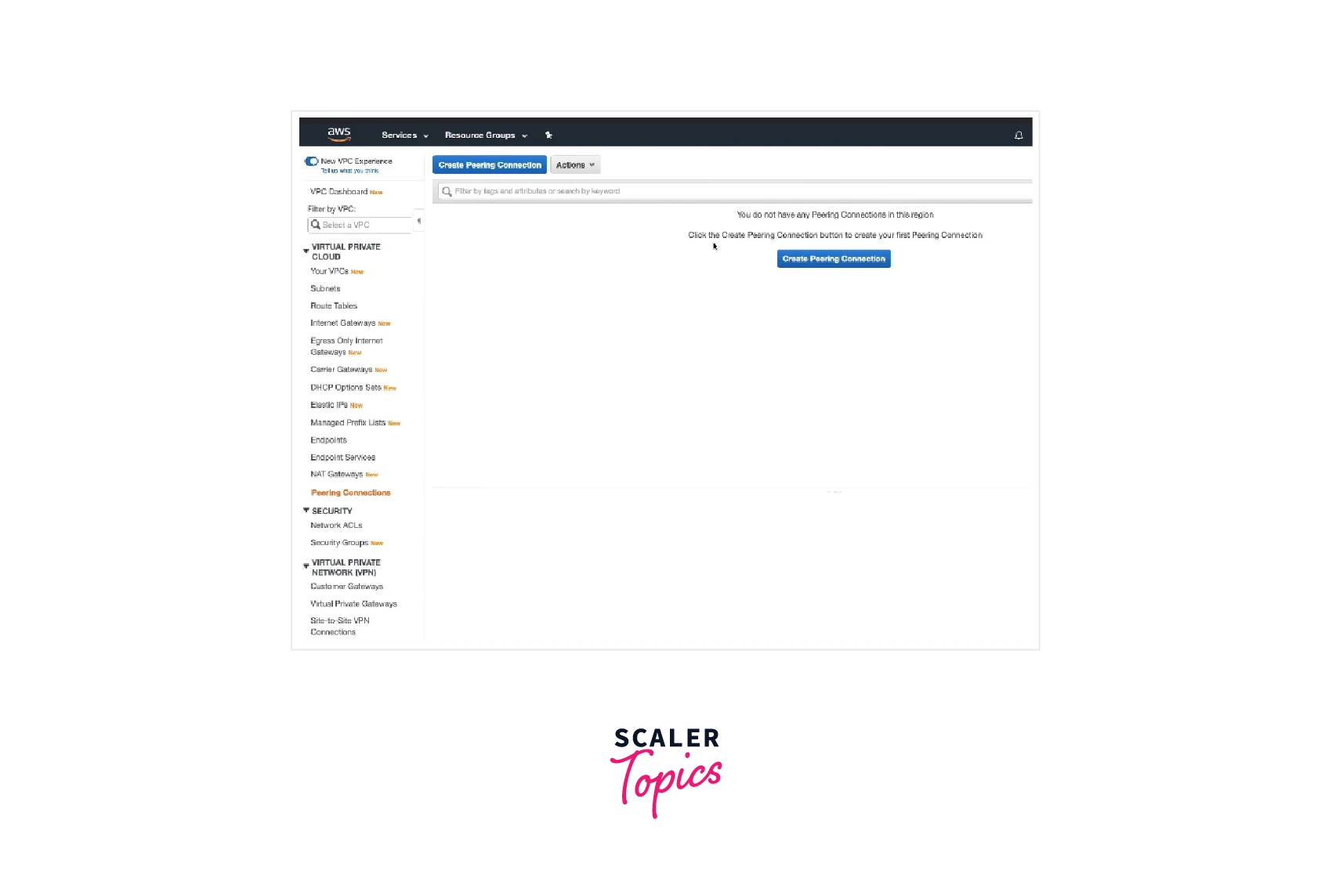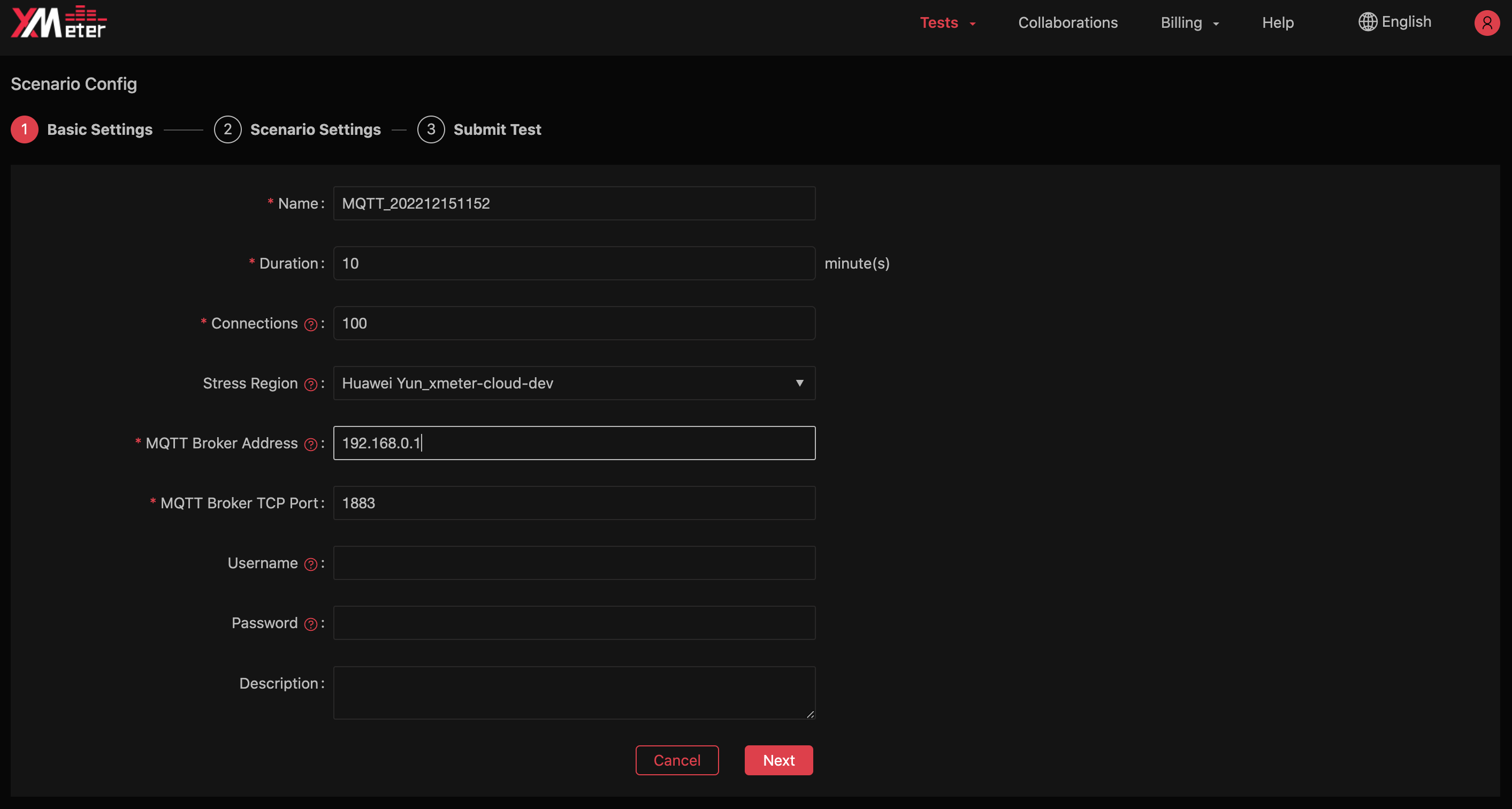🤖 AI-Generated Content
This content has been created using artificial intelligence. While we strive for accuracy, please verify important information independently.
Figuring out the cost of something like RemoteIoT VPC can feel like a bit of a puzzle for many folks looking to set up their internet-connected devices. It is a big deal to know what you might pay for a private, secure area on a cloud network, especially when your devices are sending and receiving information from far away places. This kind of setup, where your gadgets talk to each other and to central systems over their own dedicated space, carries a certain expense, and it's something people often want to get a good handle on right from the start.
When you are thinking about bringing a lot of smart devices online, maybe for a home or for a business, knowing the actual figures involved becomes pretty important. You want to make sure your budget can handle the bill for keeping everything running smoothly and safely. This involves looking at how much data your devices might use, how many of them you have, and what kind of connections they need. So, understanding the different parts that make up the RemoteIoT VPC price helps you plan your money matters better, as a matter of fact.
This discussion will go over what makes up the money side of RemoteIoT VPC, giving you a clearer picture of what to expect. We will talk about the different things that add to the final bill, some ways to keep costs in check, and what kind of value you get for your money. You will get a sense of how these private network spaces work and why their cost structure is what it is, which, you know, is pretty useful information.
- Somali Telegram Link
- Xxx Anjali Arora Viral Video
- Russian Lathe Incident
- Jameliz Benitez Onlyfans
- Mike Olson
Table of Contents
- What is RemoteIoT VPC?
- How does RemoteIoT VPC Price get figured out?
- What things affect RemoteIoT VPC Price?
- Why think about RemoteIoT VPC Price?
- Is a RemoteIoT VPC Price always the same?
- What makes a RemoteIoT VPC Price good?
- What about RemoteIoT VPC Price for small setups?
- What might RemoteIoT VPC Price look like in the future?
What is RemoteIoT VPC?
A RemoteIoT VPC, or Virtual Private Cloud for remote internet-connected things, is basically your own isolated piece of a public cloud. Think of it like having your very own apartment building inside a much larger city. This apartment building is just for your internet-connected devices and the programs that run them. It means your smart gadgets, whether they are in a home or out in a factory, can talk to each other and to central computer systems in a way that feels very separate and safe from other people's stuff on the same big cloud system. It's a way to keep your information and device actions private and secure, which, you know, is a big deal when you are dealing with sensitive data or important operations. This private space helps make sure that only your authorized devices and users can get to your network resources, giving you a lot of control over who sees what. So, it is a pretty neat way to manage your remote devices.
How does RemoteIoT VPC Price get figured out?
The way a RemoteIoT VPC price is worked out often depends on a few key things. It is not just a single number you pay each month. Providers typically look at how much computer power you need, like the virtual machines that run your programs. They also consider how much data goes in and out of your private cloud. This is often measured in gigabytes. Then there is the amount of storage space your information takes up, which can be for things like device logs or collected measurements. Some providers might also charge for specific network features, like special ways to connect to other networks or for extra layers of protection. It is a bit like building a house, where the cost changes based on the size, the materials, and any special additions you want. So, the more resources your setup uses, the higher the RemoteIoT VPC price tends to be, in some respects.
What things affect RemoteIoT VPC Price?
Many things can make the RemoteIoT VPC price go up or down. One big factor is the amount of data transfer. If your internet-connected devices are constantly sending and receiving a lot of information, that will usually cost more. Another thing is the number of virtual servers or computing instances you use. More servers mean more money. The type of storage also matters; faster, more responsive storage often comes with a higher cost than slower, simpler options. Location can play a part too; running your private cloud in a region with higher energy costs or less available space might mean a slightly higher bill. Features like dedicated connections or advanced security tools can also add to the expense. For example, if you need a very secure link between your office and your RemoteIoT VPC, that might be an extra charge. So, it is really about the specific needs and desires of your setup that shape the final RemoteIoT VPC price, you know.
- Luke Davidson Dad
- Karlye Taylor Leaked
- Paige Lillian Dancer
- Kairazy Cum
- Is Kenny Chesney A Trump Supporter
Why think about RemoteIoT VPC Price?
Considering the RemoteIoT VPC price is pretty important for a few good reasons. For one, it helps you plan your money and make sure you are not spending too much. Businesses, especially, need to keep an eye on their budget, and knowing what this private cloud will cost helps them make smart choices. It also helps you see the value you are getting. Is the amount you are paying giving you enough speed, security, and space for your devices? Sometimes, a lower price might mean less protection or slower service, which could cause bigger problems later. Conversely, a higher price should come with clear benefits. Thinking about the RemoteIoT VPC price also encourages you to be efficient with your resources. If you know you are paying for every bit of data or every server, you might look for ways to use less, which is good for both your wallet and the environment. So, it is about being smart with your resources, basically.
Is a RemoteIoT VPC Price always the same?
No, a RemoteIoT VPC price is almost never exactly the same for everyone, and it often changes over time. It is not like buying a loaf of bread where the price is fixed for a while. The cost can vary quite a bit depending on the cloud provider you pick, as different companies have different ways of charging for their services. What you actually use, like how much data moves around or how many virtual machines you keep running, will also directly affect your monthly bill. Some providers might offer discounts for long-term commitments, or if you pay for a whole year upfront. Also, as technology gets better and more people use cloud services, the prices for some things might go down, while others might go up due to demand or new features. So, it is a very fluid situation, really, and you need to keep an eye on your usage and the provider's billing structure to understand your RemoteIoT VPC price at any given moment.
What makes a RemoteIoT VPC Price good?
A good RemoteIoT VPC price is not just about being the lowest number you can find. It is more about getting a fair deal for what you need. A good price means you are paying for the right amount of computer power, data handling, and security features that your internet-connected devices actually require, without paying for things you do not use. It should also be predictable, meaning you can generally guess what your bill will be each month, which helps with planning. Transparency is also key; a good provider will make it clear exactly what you are being charged for, so there are no hidden surprises. For example, if they charge for data transfer, they should clearly state the rate per gigabyte. A good RemoteIoT VPC price also reflects reliable service and good support, because saving a few dollars but having your system constantly break down or being unable to get help when you need it is not really a saving at all. So, it is about finding that sweet spot where cost meets value, you know, quite important.
What about RemoteIoT VPC Price for small setups?
For smaller setups, like a few smart home devices or a small business with just a handful of sensors, the RemoteIoT VPC price can be quite manageable. Many cloud providers offer what they call "pay-as-you-go" models, which means you only pay for the specific resources you consume. This can be great for those just starting out or for projects that do not need a lot of heavy lifting from the cloud. You might get a certain amount of data transfer or a small virtual server for a very low cost, or even free for a trial period. The idea is to make it easy for anyone to get started without a big upfront investment. However, even with smaller setups, it is still wise to keep an eye on your usage. Sometimes, a small project can grow quickly, and suddenly you might find your RemoteIoT VPC price creeping up if you are not careful about managing your resources. So, while it can be cheap to start, watching your usage is still a smart move, basically.
What might RemoteIoT VPC Price look like in the future?
Looking ahead, the RemoteIoT VPC price will likely keep changing, probably becoming even more flexible and perhaps more affordable for many common uses. As technology gets better and more efficient, the cost of running these virtual private clouds tends to come down over time, at least for the basic services. We might see more specialized pricing models pop up, too, maybe for specific types of internet-connected devices or for very short bursts of data use. Competition among cloud providers could also push prices down, as each company tries to offer a better deal to attract customers. There could be more options for automated cost management, where systems help you automatically adjust your resources to keep your RemoteIoT VPC price in check. On the other hand, if new, very advanced security features or super-fast connections become standard, those might add new layers to the cost. So, it is a bit of a mix, but the general trend often points towards more options and potentially better value for the money, you know, which is good news for users.
This discussion has covered various aspects of the RemoteIoT VPC price, from what it is and how it is determined, to the factors that influence its cost, and why considering it is important. We have also explored how its cost might differ for small setups and what the future could hold for its pricing structure. Understanding these points helps people make informed choices about setting up and managing their internet-connected devices in a secure, private cloud environment.
Additional Resources
Visual Content



Disclaimer: This content was generated using AI technology. While every effort has been made to ensure accuracy, we recommend consulting multiple sources for critical decisions or research purposes.
